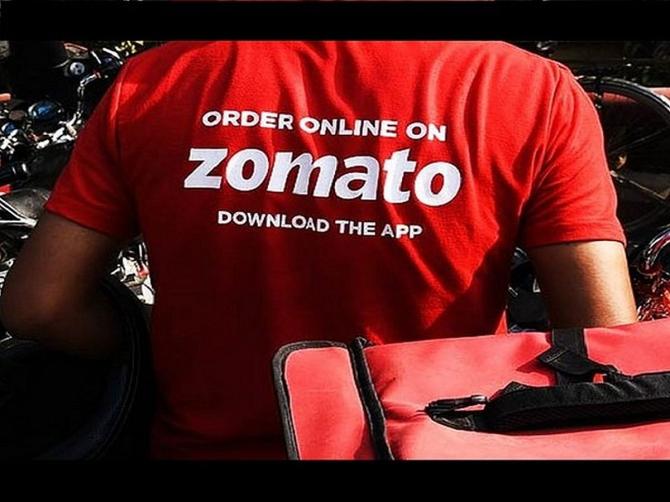Online food delivery platform Zomato has decided to narrow its focus on three key areas of food ordering and delivery; supplies to restaurants through 'Hyperpure' and quick commerce, company Chairman Kaushik Dutta said on Tuesday.

In his address to shareholders at the company's annual general meeting, Dutta said the move was part of strategy to focus "only on areas that have the potential to become meaningfully large businesses ten years from now".
In FY22, he said Zomato was able to achieve strong top line growth while keeping its "adjusted EBITDA burn under control", despite multiple challenges such as disruptions due to Covid-19 pandemic, macro-economic uncertainty, rising inflation, fuel prices, among others.
This year after reflecting on the strategic priorities as a company, given the size and scale of the platform now, Dutta said it was decided that the focus would be only on areas that have the potential to become meaningfully large businesses ten years from now.
Subsequently, he said Zomato would narrow its focus to three key areas -- food ordering and delivery; Hyperpure and quick commerce.
Zomato's core food delivery business is stable and headed for profitability, he said, adding in India food delivery still has a large runway for growth.
While restaurant food consumption has increased in the past few years, its overall penetration in India is still significantly low as compared to global counterparts, he reasoned.
On Hyperpure -- Zomato's supply platform for restaurants for fresh items, he said the company is now starting to see strong adoption of its services by restaurant partners.
"We think that this business has the potential of becoming as large or even larger than our food delivery business because the addressable market here is potentially larger than food delivery," he added.
On quick commerce, he said the acquisition of Blinkit was completed this month and the integration of the two teams has started.
In June this year Zomato had announced acquisition of Blink Commerce Pvt Ltd (formerly known as Grofers) for Rs 4,447.48 crore in a share-swap deal as part of its strategy of investing in quick commerce business.
Dutta said Zomato considers quick commerce as a natural extension to its core food delivery business and increases its addressable market manifold.
It has the potential to help the company build a more profitable business by cross leveraging existing customer base and increase hyperlocal delivery fleet utilisation, he added.
"With this, we now have a clear execution plan around these three businesses and our focus as a team will be to get these businesses to meaningful scale and profits," Dutta said.
He also said Zomato's dining-out and certain other segments saw a revenue decline of 15 per cent in FY22, due to discontinuation of most of its international operations as well as certain non-core businesses.
The dining-out business was adversely impacted in FY22 by Covid-related lockdowns.
He also said the company is making progress in its efforts for adoption of electric vehicles with around 4,500 active EV based delivery partners and around 18 per cent of orders delivered on bicycles as of March 2022.
In reply to shareholder queries, Zomato founder & CEO Deepinder Goyal said the company does not expect to make any other strategic minority investments for the foreseeable future as it has made all the investments that needed to for its future plans.
On safety of delivery partners, he said it has always been a priority for Zomato and "no compromises have been or will be made here", while also asserting that the platform does not incentivise riders to be on time.
Goyal also said Zomato will put a phone number on the bags of its delivery partners for people to call and report if any one of them were found to be speeding.











 © 2025
© 2025